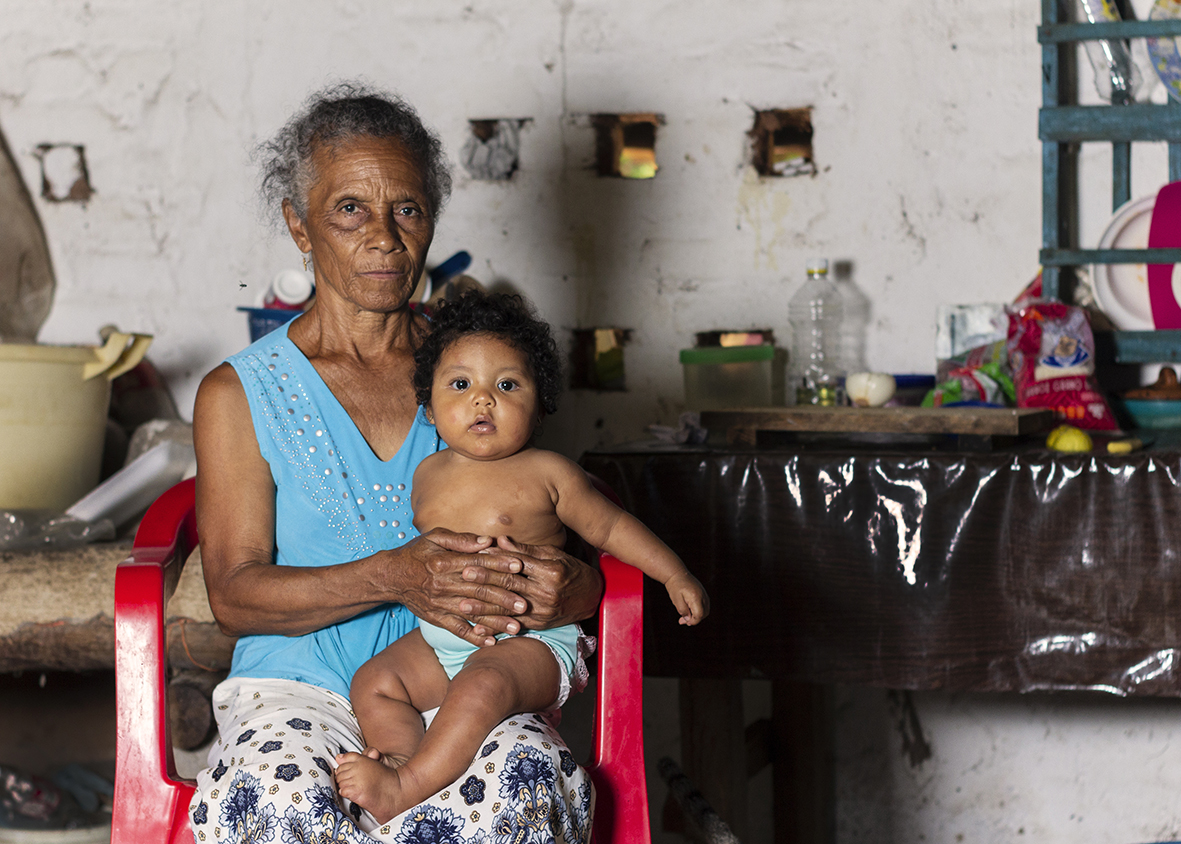
Mexico's 2020 Census is a victory of the Afro-Mexican community
After many years of struggle, the Afro-Mexican community was recognized and included in the country's 2020 Census.
Diverse identities exist — whether ethno-racial, religious, sexual, or of any other kind — even when history insists on silencing them.
The Afro-Mexican community is a clear example of this erasure. For the first time in the history of Mexico, the community has been acknowledged and counted in the 2020 census. After many years of struggle and claims, a crucial question has been included in the form: "By your customs and traditions, do you consider yourself Afro-Mexican, black, or Afro-descendant?"
In Latin America, the category Afro-Latinx is often directly associated with Caribbean countries, where Afro-descendant populations are the ethnic majority. But this does not mean that they do not exist on the rest of the continent. Africans arrived all over the continent, enslaved by settlers. To a greater or lesser extent, they mixed with the rest of the population or were separated and ignored in history.
The #AfroCensoMx campaign, an ongoing struggle to add the Black/Afro-Mexican category to the census, has aimed to put questions about identity on the political agenda.
In Mexico, a large portion of citizens identify themselves as mestizos — that is, a mixture of indigenous, European, and, for some, African roots.
RELATED CONTENT
The existence of the category, and therefore the possibility of calling oneself Black, Afro-descendant, or Afro-Mexican, is an advance and an achievement in terms of identity. However, this 'category' reveals important information about a community that has been silenced for years.
Bobby Vaughn, an Afro-American anthropologist specializing in the Black Mexican community put it bluntly: "Afro-descendant Mexicans have no voice and the government makes no attempt to assess their needs, nor even makes an effort to count them."
In general, the data collected from the census put the current situation of the Afro-Mexican community in context. Two percent of Mexico's population identifies itself as Afro-Mexican or Afro-descendant, which means that 2,576,213 people are part of the Afro-Mexican community. The average age of Afro-Mexicans is 32 years old, which is higher than the national average of 29 years old; 50.4% are women, and 49.6% are men. In addition, 7.4% speak at least one indigenous language.
But the census figures also provide information on the socioeconomic patterns in the Afro-descendant community such as what they do for a living, what education they are receiving, and how certain diseases affect them. The new data collected that could help develop public policies and create equal conditions for the Afro-Mexican community.
These figures also give political power to the community. From now on, the unique experiences of Afro-Mexicans are visible and recognized as part and result of their heritage and culture.











LEAVE A COMMENT: